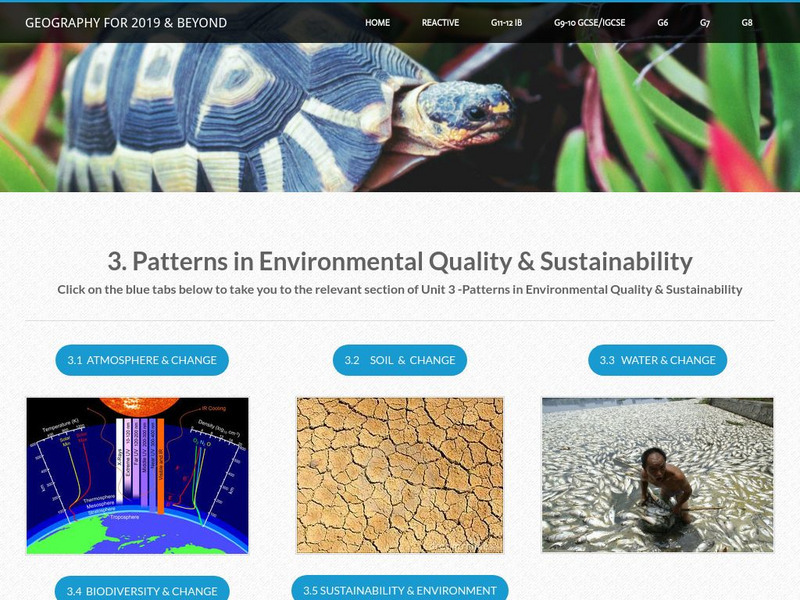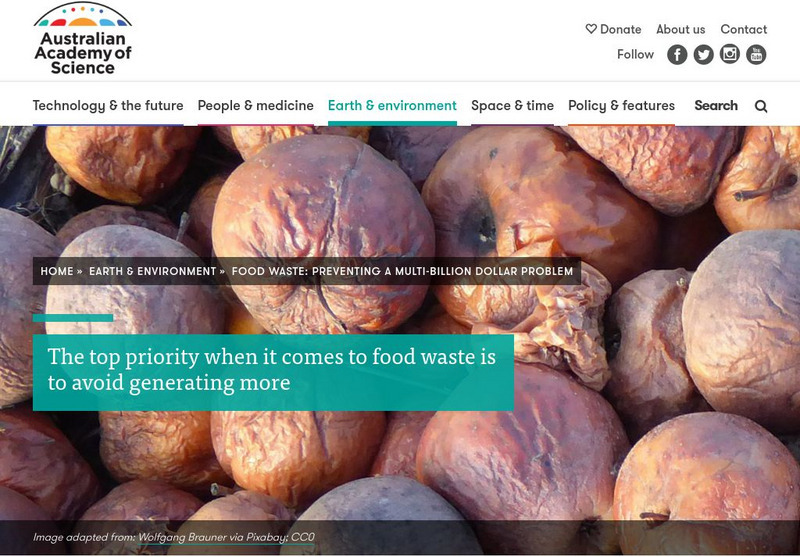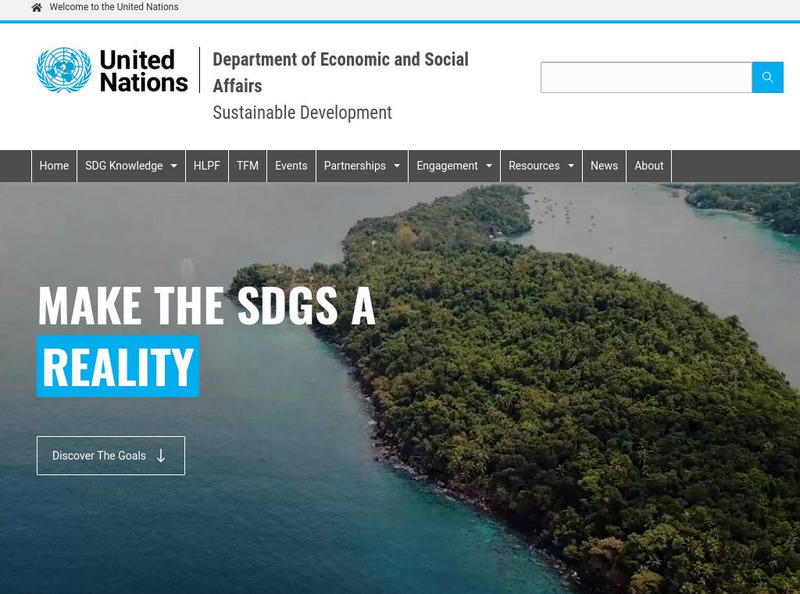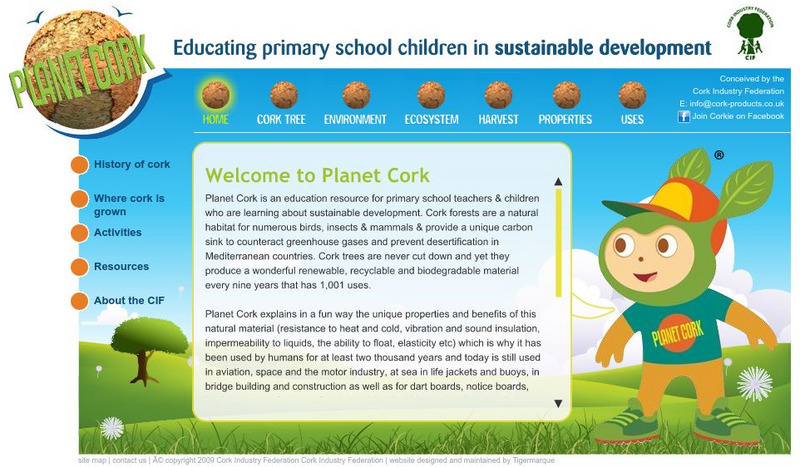Hi, what do you want to do?
Curated OER
No Fossils in This Fuel!
Students explain how technology leads to a cleaner environment. They gain hands-on experience with ethanol as a fuel alternative.
Curated OER
Tree Identification
Students list four ways to identify trees. For this tree identification instructional activity, students use tree identification techniques such as leafs, bark, wood grain, soil type, and climate to create tables and graphs.
Curated OER
Volcanoes:How Safe Are They?
Students explore volcanoes, locate them on maps, record general information about volcanoes, and organize information on a fact sheet.
Curated OER
Little Red Hen
First graders explore biology by identifying plant anatomy in class. For this botany lesson, 1st graders read the book The Little Red Hen and identify the methods used in order to grow successful plants. Students discuss other ways...
Curated OER
Mushrooms Can Save the World
Students use mushrooms to solve problems. In this environmental lesson, students study how fungi have been used to combat environmental problems. Students design strategies that employ mushrooms to combat other environmental challenges.
Curated OER
Sunlight and Warm Air
Learners discuss radiant energy from the sun, performing a simple experiment with sun glasses and bright light to demonstrate the concept. Students further participate in simple in-class experiments to demonstrate: air density as it...
Curated OER
Day to Combat Desertification and Drought
In this day to combat desertification and drought worksheet, students read or listen to a passage, then match phrases, fill in the blanks, choose the correct words, unscramble words and sentences, write discussion questions and conduct a...
Curated OER
Future Conditional
Students examine how toxic pollutants affect environmental and human health. They define key terms, watch a video, and answer discussion questions.
Curated OER
What is Life Without Water?
Learners differentiate between how they use water in response to a need and how they use water for pleasure. They read books about water, participate in class discussion and illustrate their observations.
Columbia University
The Earth Institute at Columbia University
Bringing people together to discuss Earth's environmental problems, The Earth Institute addresses climate change, environmental degradation, poverty, disease, and sustainable use of resources.
American Institute of Biological Sciences
Action Bioscience: The State of Ecosystems
Christian Samper details The Millennium Ecosystem Assessment, a report highlighting the detrimental impact of human life on the ecosystems of Earth over the past fifty years. Ecosystems have been deteriorating from a variety of waste and...
Other
Royal Saskatchewan Museum: Can We Live Sustainably? [Pdf]
This resource provides an overview of the human footprint on the Earth. How is Man affecting Earth, what are the causes of stress, and more importantly, what are the solutions. PDF (requires Adobe Reader).
Geographypods
Geographypods: Patterns in Environmental Quality and Sustainability
This collection of five learning modules looks at issues related to environmental change and sustainability. Topics addressed include changes in the atmosphere, soil, water, and biodiversity, and what can be done to counteract this and...
Nature Conservancy
The Nature Conservancy: Introduction to Sustainable Forestry
In this activity students use an interactive with Google Earth to identify forests that have been logged selectively with those that have not. For an outdoor activity students create acomprehensive list of all the tree species in their...
NASA
Nasa: Earth Observatory: The Carbon Cycle
Learn about the element carbon and its importance on the Earth's atmosphere and sustainability of life on the planet. Additionally, understand the role the carbon cycle plays in global climate change over time.
Massachusetts Institute of Technology
Mit: Open Course Ware: Courses: Civil Environmental: Ecology I: The Earth System
College-level online course highlighting the fundamentals of ecology. Course topics include coevolution of the biosphere, geosphere, atmosphere, and hydrosphere; photosynthesis and respiration; and the carbon, nitrogen, and water cycles....
Other
Australian Acad. Of Science: Food Waste: Preventing Multi Billion Dollar Problem
The top priority when it comes to food waste is to avoid generating more. Food waste includes all food intended for human consumption that never reaches us, as well as edible food that consumers throw away. As it rots in landfills, food...
Other
The Amazing World of Science With Mr. Green: Introduction to the Atmosphere
This teacher website provides a comprehensive lesson unit on the structure of Earth's atmosphere and how it sustains and impacts life on Earth and its ecosystems. Includes labeled diagrams, student worksheets, a slideshow, flashcards,...
Other
Earth Science: Earth's Surface and Heat [Pdf]
This textbook chapter looks at the role of temperature in sustaining life on Earth and on weather and climate. It discusses the Earth's movements and the seasons, the circulation of the oceans, wind and weather, and the water cycle....
Georgia Department of Education
Ga Virtual Learning: Environmental Worldviews, Ethics, and Sustainability
Through this interactive module, history has shown that the multifaceted aspects of nature have been overlooked many times in the past. And thus, our pursuit to control our environment has failed and left us wanting. What does the future...
United Nations
United Nations Sustainable Development Issues
United Nations Division for Sustainable Development covers issues ranging from Agriculture to Waste. This site offers documents and action plan implementation for sustainable development of the earth's natural resources.
Georgia Department of Education
Ga Virtual Learning: Populations, Biodiversity and Politics of Sustainability
Students explore the value of biodiversity, the impacts that humans are having on the Earth's biodiversity, and measures that can be taken to preserve biodiversity.
Other
Planet Cork: Educating Primary School Children in Sustainable Development
Cartoon character Corkie wants all children to know about one of nature's unique gifts-cork! Find out what makes cork an environmentally friendly renewable resource with many special qualities and uses that can help us keep planet Earth...
Nature Conservancy
The Nature Conservancy: Introduction to Sustainable Forestry
In this instructional activity, students interact with Google Earth to identify forests that have been logged selectively versus those that have not. They also learn how to distinguish the appearance of forestry methods in satellite images.














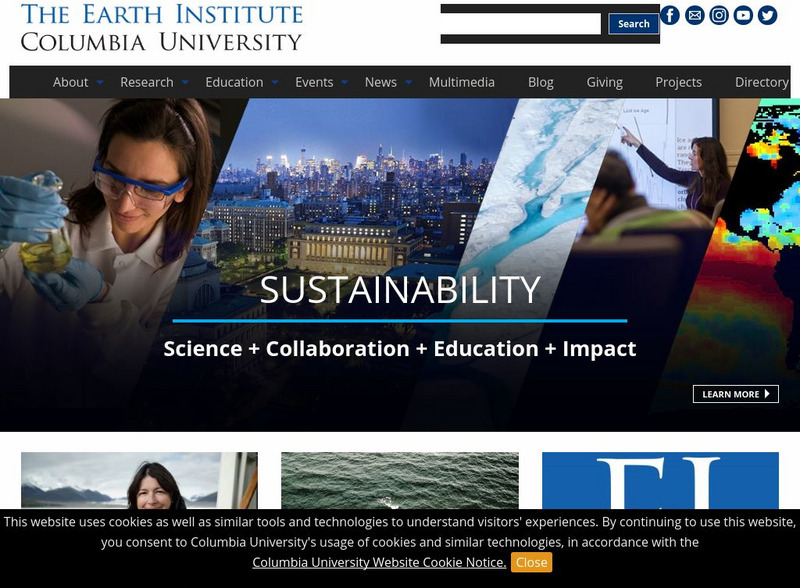
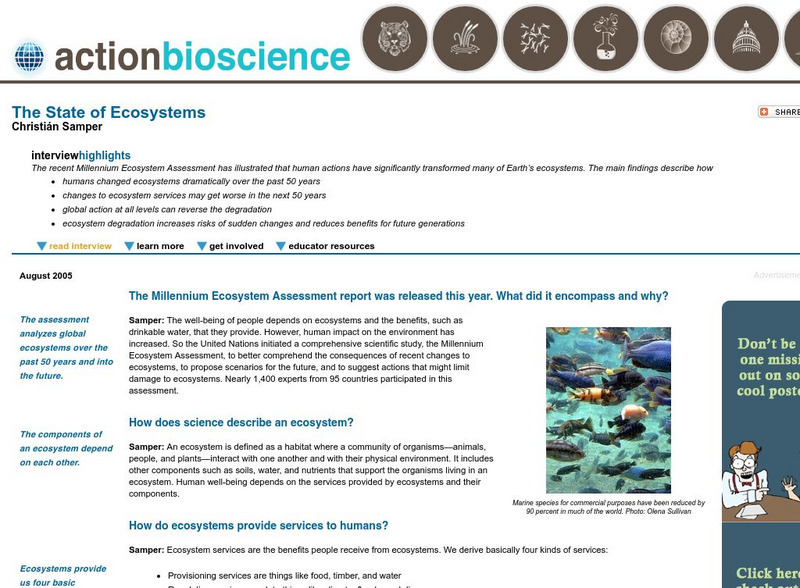
![Royal Saskatchewan Museum: Can We Live Sustainably? [Pdf] Website Royal Saskatchewan Museum: Can We Live Sustainably? [Pdf] Website](https://static.lp.lexp.cloud/images/attachment_defaults/resource/large/FPO-knovation.png)
